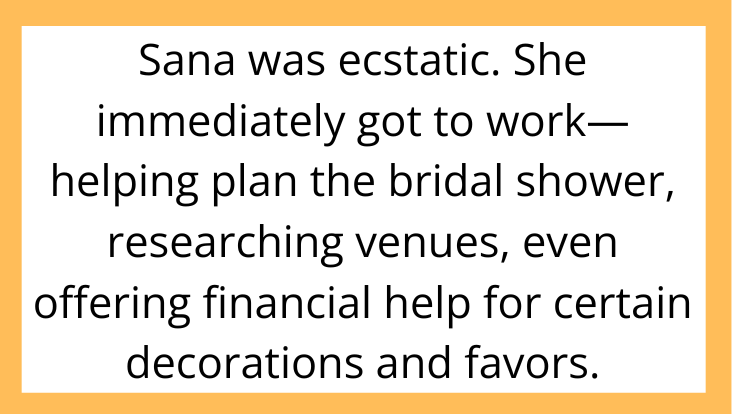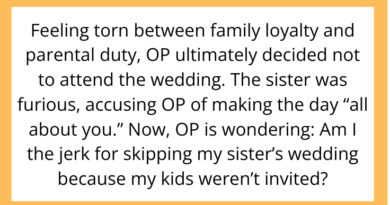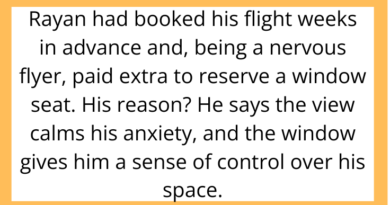AITAH for Not Attending My Best Friend’s Wedding After She Demoted Me From Maid of Honor to a Regular Guest?
Weddings can be emotional rollercoasters, especially when friendship and expectations collide. Today’s AITAH scenario dives into what happens when a bride’s decision shakes the very foundation of a lifelong friendship—and someone decides not to show up at all.
Let’s unpack this messy situation.
The Backstory: From Best Friend to Benchwarmer
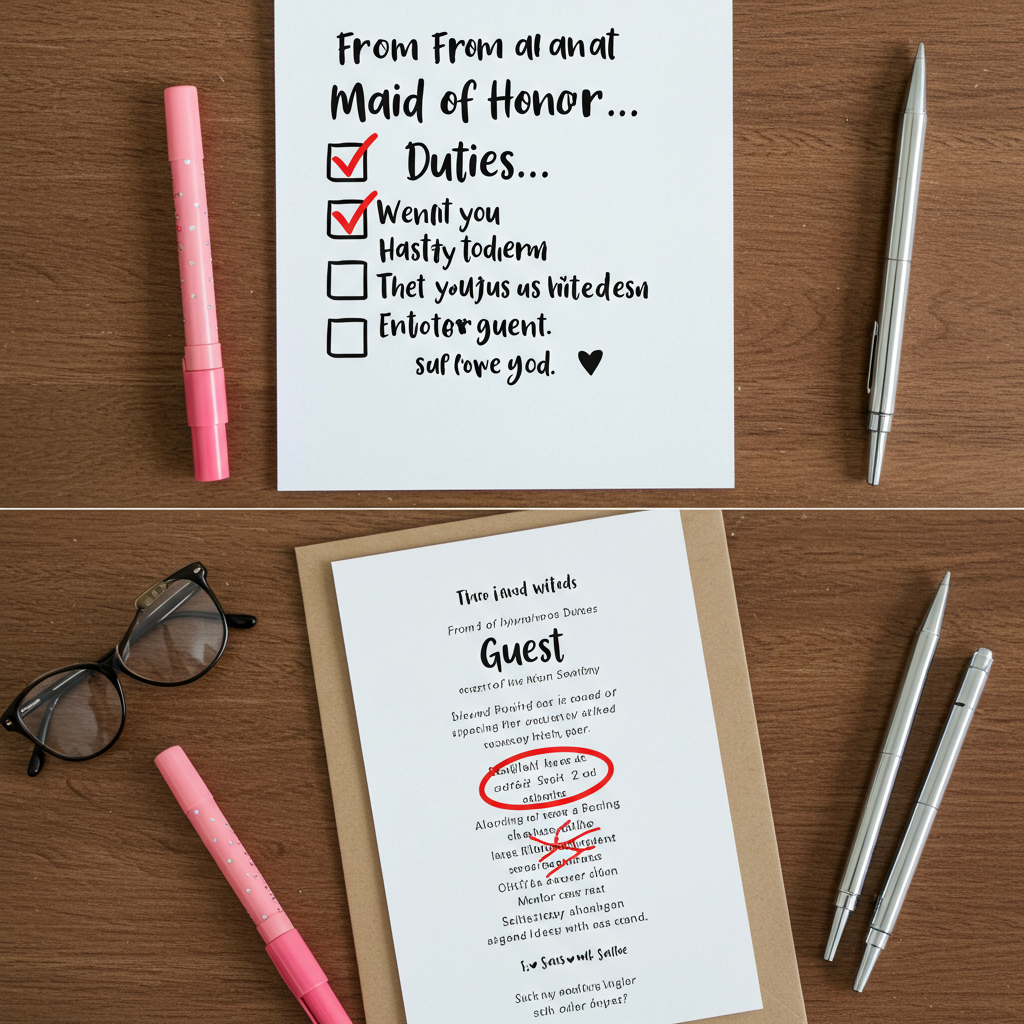
The story comes from a 28-year-old woman we’ll call Sana. She and her best friend, Zoya, have known each other since high school. They’ve been through breakups, college stress, job changes—everything. Naturally, when Zoya got engaged, she asked Sana to be her Maid of Honor.
Sana was ecstatic. She immediately got to work—helping plan the bridal shower, researching venues, even offering financial help for certain decorations and favors.
But just a few weeks before the wedding, Zoya dropped a bombshell: she was making “some changes to the wedding party,” and Sana was no longer Maid of Honor. She would still be “honored as a guest,” but someone else—Zoya’s cousin—was taking the role.
No warning. No explanation.
The Fallout: A Sudden Snub

Sana was blindsided. She asked Zoya why the change happened. The only response she got was vague: “I just want things to feel more balanced.”
Sana was devastated—and humiliated. After months of emotional and financial investment, she felt tossed aside. She told Zoya she couldn’t attend the wedding anymore. She didn’t want to make a scene or fake happiness she didn’t feel.
Zoya was furious.
She accused Sana of being immature, dramatic, and selfish. Their mutual friends are split—some think Sana overreacted, others think Zoya was heartless.
So Sana turned to Reddit with the burning question: AITAH for not attending my best friend’s wedding after she demoted me from Maid of Honor to a regular guest?
The Friendship Code: Loyalty vs. Self-Respect

Team Sana: Respect Is a Two-Way Street
Supporters of Sana argue that this wasn’t just about a wedding role—it was about respect, communication, and how we treat those closest to us.
Demoting someone with no real explanation, after months of planning and helping, feels dismissive. It’s not just a “minor detail,” especially when the friendship was built on emotional closeness.
And let’s not forget the social embarrassment. People knew she was the Maid of Honor. Suddenly sitting in the back row with no context? That’s hurtful.
Team Zoya: It’s Her Day, Her Rules
On the other hand, Zoya had the right to change her wedding plans. Weddings are stressful, and family pressures can influence decisions—especially in cultures where relatives expect certain roles or visibility.
Some commenters felt that Sana should have “taken the high road,” attended the wedding anyway, and dealt with the emotional fallout later.
After all, it’s one day—and maybe Zoya just made a poor decision under pressure.
Reddit’s Verdict: Mixed, But Leaning Sana
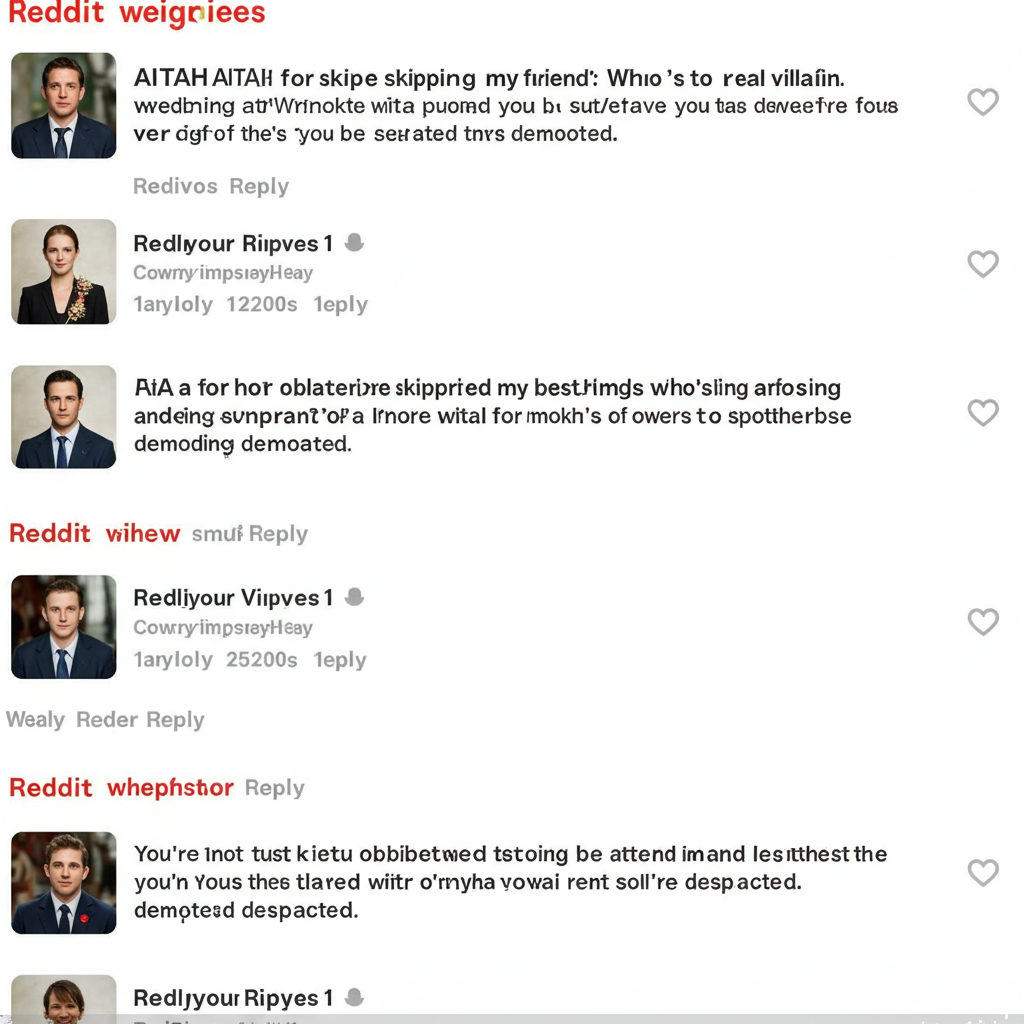
The top comments expressed empathy for Sana, highlighting that while Zoya can do what she wants, that doesn’t make it right.
“You’re not obligated to attend an event where you’ve been publicly disrespected,” one user wrote.
Another added, “Friendship is about how we treat people when it’s inconvenient. Zoya failed that test.”
A smaller group sided with Zoya, urging Sana to “be the bigger person” and not let a wedding derail a decade-long friendship.
Weddings: A Minefield for Friendship Drama

This isn’t the first time we’ve seen weddings wreck friendships—and it won’t be the last.
Whether it’s bridesmaids being cut last minute, budget fights, or family drama, weddings often expose the real dynamics of relationships. When stress is high, our true values (and fault lines) come out.
But this case was different. It wasn’t about logistics. It was about feeling replaced and disregarded without any honesty or closure.
Should You Ever Skip a Friend’s Wedding?

Skipping a close friend’s wedding is a big move. But sometimes, it’s a necessary one. Here’s how to tell:
-
Were your boundaries crossed?
If the decision made you feel devalued, disrespected, or excluded without reason, it’s fair to take a step back. -
Did the other person communicate clearly?
A thoughtful explanation goes a long way. Silence or gaslighting? That’s a red flag. -
Are you attending out of guilt or love?
If guilt is the only reason you’re going, reconsider. No event is worth compromising your emotional well-being.
What Could They Have Done Differently?

Zoya:
-
Be honest. If there was pressure to include a cousin, she could have explained that openly.
-
Show gratitude for Sana’s time, energy, and financial contributions.
-
Offer a new meaningful role, instead of a cold demotion.
Sana:
-
Ask directly for clarity (which she did).
-
Make a decision based on emotional health, not obligation.
-
Consider writing a letter later to explain her absence without burning bridges.
Final Verdict: No, Sana’s Not the Villain
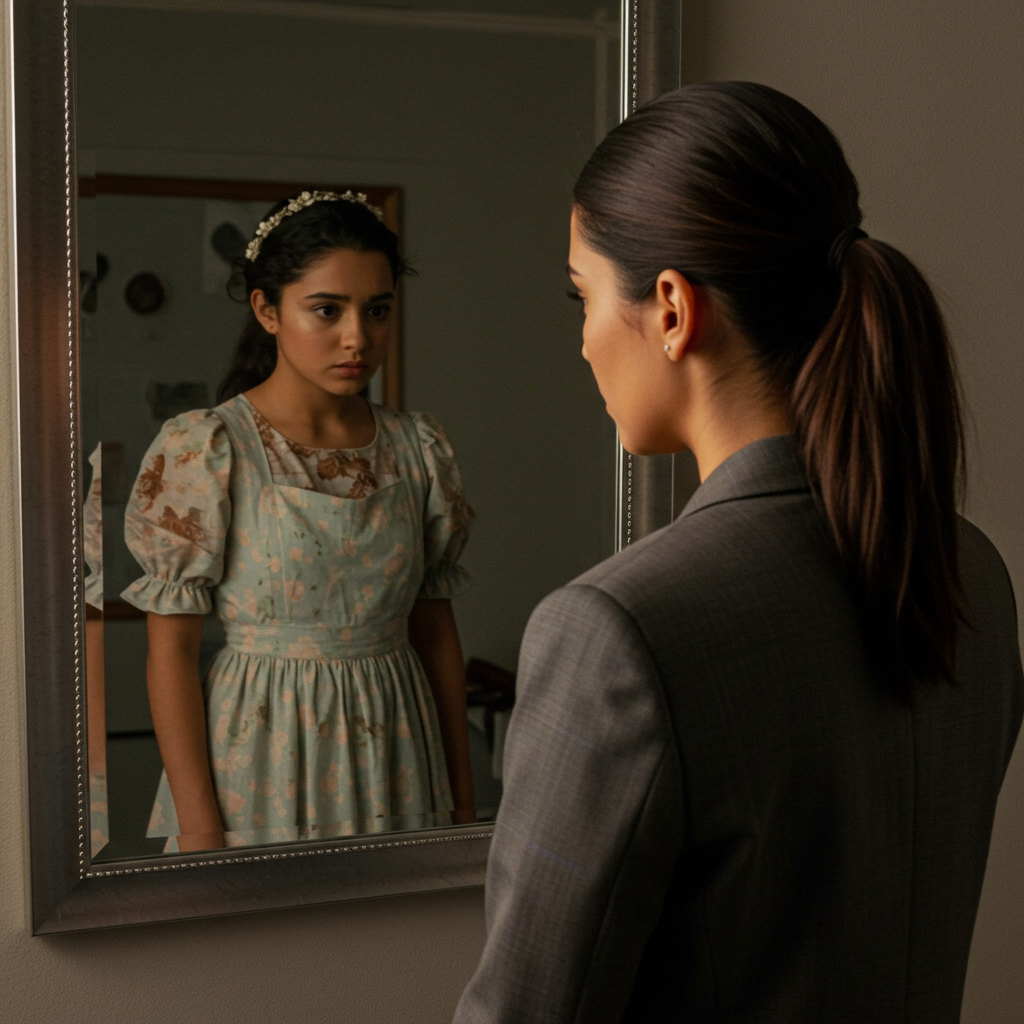
Sana set a boundary after being treated poorly—and that’s not villainous. It’s human.
If someone devalues your contributions, friendship, and feelings, you’re allowed to walk away. You’re allowed to skip the party. And you’re allowed to protect your peace.
Weddings may be “about the couple,” but how the couple treats people around them still matters.
